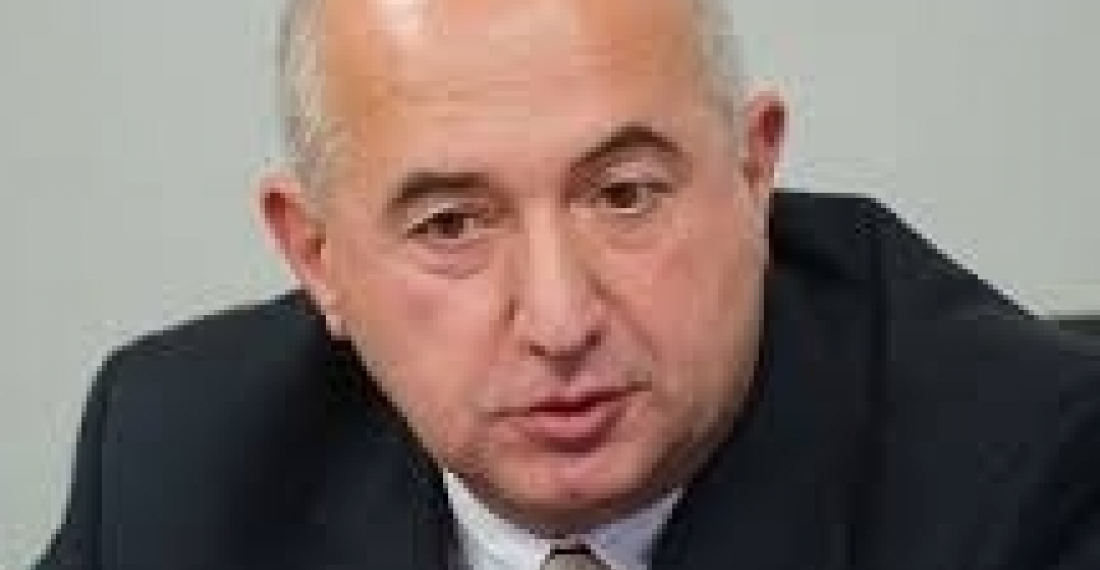Ереван, 18.03.13. АрмИнфо.
Проживающие в Грузии армяне потребовали от властей страны немедленно ратифицировать Европейскую хартию региональных языков. Это спровоцировало новое обострение в противостоянии президента Михаила Саакашвили и премьера Бидзины Иванишвили. Глава государства заявил, что ратификация хартии угрожает национальной безопасности и обвинил оппонентов в потакании армянскому национализму, пишет "Коммерсант".
Призыв к ратификации Европейской хартии региональных языков прозвучал в Ахалкалакском районе региона Самцхе-Джавахети, населенном преимущественно армянами. Глава местного парламента Гамлет Мовсесян заявил: "Мы настаиваем на том, чтобы парламент наконец ратифицировал Европейскую хартию, к которой Грузия присоединилась в 1999 году". При этом он признал, что инициатива принадлежит депутатам от правящей коалиции "Грузинская мечта" премьера Бидзины Иванишвили.
В правительстве напоминают, что инициатором присоединения к хартии был нынешний президент. "В 1999 году Саакашвили, будучи главой парламентского комитета по юридическим вопросам, безответственно лоббировал принятие на себя Грузией обязательства по ратификации этого документа",- заявил госминистр по реинтеграции Паата Закареишвили. По его словам, Саакашвили тогда мотивировал свои действия желанием ускорить принятие Грузии в Совет Европы. "Он настолько хотел опередить на этом пути Азербайджан и Армению, что не подумал о последствиях", - заметил госминистр. Закареишвили убежден, что сейчас у страны нет иного пути, как ратифицировать хартию. "В противном случае не видать нам евроинтеграции",- предупредил он.
Лидеры же оппозиционного президентского "Единого национального движения" (ЕНД) советуют властям "не переводить стрелки". <Вместо ссылок на 1999 год "Грузинской мечте" следует подумать о своей нынешней ответственности. Ведь теперь они, а не мы у руля государства>,- заявил "Ъ" депутат парламента от ЕНД Давид Дарчиашвили. Он напомнил, что Хартию региональных языков до сих пор не ратифицировали даже некоторые члены ЕС. "Для страны с множеством внешнеполитических рисков и хрупкой государственностью безоглядная ратификация хартии таит немало опасностей с точки зрения национальной безопасности",- предупредил Давид Дарчиашвили.
Эксперты убеждены, что ратифицировать хартию, несмотря на все риски, придется. "Грузия уже парафировала этот документ. Сколько можно тянуть с ратификацией?" - недоумевает директор Института языкознания имени Арнольда Чикобавы Лали Эзугбая. "В Хартии по региональным языкам около 35 пунктов, большинство из которых имеет свои градации. 30 из них так или иначе воплощены в жизнь",- пояснил "Ъ" доктор языкознания профессор Каха Габуния. Наибольшие вопросы вызывают положения о языке судопроизводства и работы администрации. Профессор Габуния, чье НКО занимается обучением местного армянского населения государственному языку, убежден: ратифицировать хартию надо было давно, причем по инициативе самих центральных властей. "Если же это придется сделать под давлением армянского меньшинства, все будет выглядеть совсем по-иному", - считает собеседник "Ъ".





